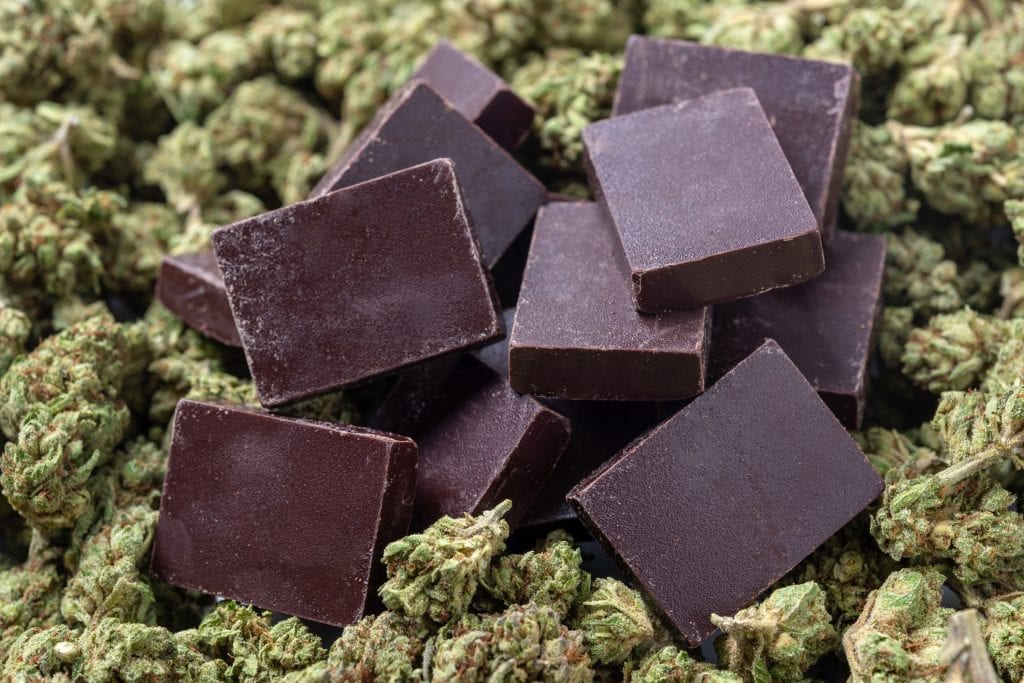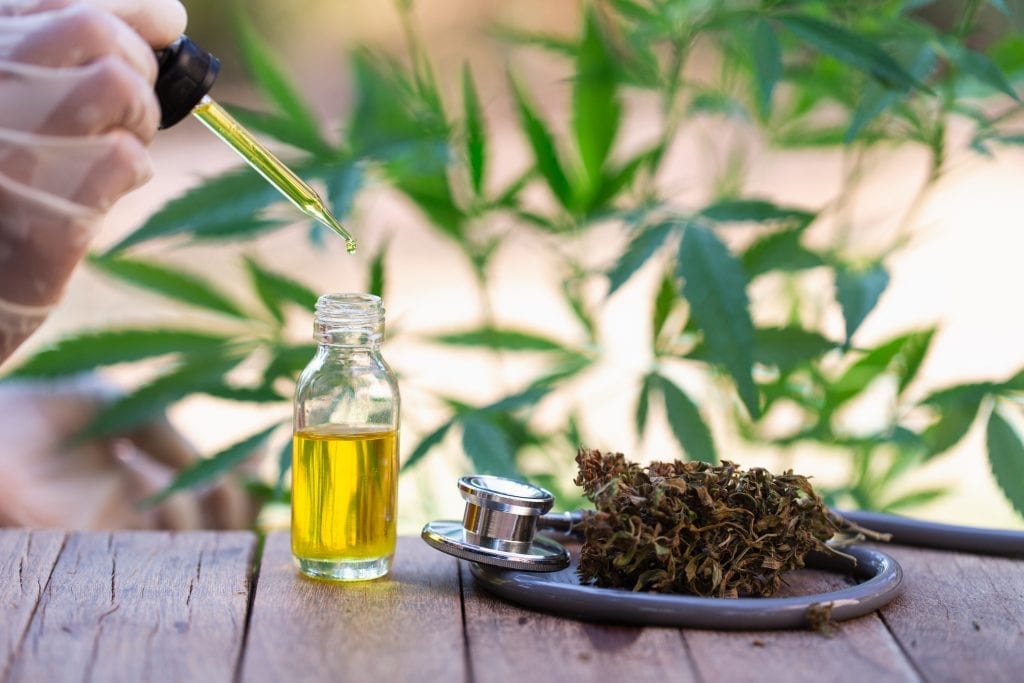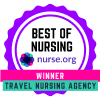Marijuana as a Healthcare Traveler: What You Need to Know
Cannabis, THC & Medical Marijuana
The prohibition of marijuana began decades ago when the federal government banned the sale, cultivation, and use of the cannabis plant. As more and more states legalize marijuana for medical and recreational use, it’s important to be clear about the implications of its use for travel nurses and allied health travelers. However, the sale, cultivation, and use of the plant remain federally illegal. As hospitals evolve their policies regarding the use of cannabis by both patients and employees, they are still bound by federal law.

Drug Testing for Travel Nurses & Allied Travelers
At TNAA, travel nurses and allied travelers could undergo pre-employment screenings before any assignment – this varies based on hospital policy. This includes a drug screen that will test for THC. There may also be random screenings at the hospital.
What if I have a medical marijuana card?
If you have a medical marijuana card, the Medical Review Officer (MRO) will verify the card. The drug screen will be resulted as a positive with a comment about the card. The card is only good in the state in which it was issued, and the hospital or health system has the ability to decline you as a candidate for the open job.
What happens if the drug screen is positive?
While results of a drug screen are a confidential event, we do disclose to the hospital a traveler’s failure to successfully complete onboarding compliance and this can result in the cancellation of an assignment.
Will CBD impact my drug screen?

Here’s where it gets tricky. CBD is a component of marijuana that is not considered mind-altering. In its purest form, CBD contains no THC. However, the manufacturing of CBD is not federally regulated. What does that mean for you? There could be trace amounts of THC that could cause you to fail your drug screen. Any CBD use is a potential risk!
Implications for Your License
The potential impact to your license is dependent on the state you are in and the BON regulations of the applicable state(s). Any on-assignment drug screens that show you are positive while working are reported to the BON. You are then obligated to follow the board’s investigation process.
Most states will investigate the complaint, which can take months. In the meantime, your license is under pending investigation. After the investigation is completed, there are several possible scenarios, including disciplinary action by the BON. Disciplinary action affects your licensure status and ability to practice.
TNAA Policy
Each situation is different and will vary depending on if the drug screen is pre-employment or on-assignment. However, a majority of agencies will not place a travel nurse or allied traveler on assignment while their license is under investigation. This could mean you are ineligible to work for TNAA until the investigation is complete. If you have a positive drug screen, our clinical team will contact you and explain your options.
Public perception is changing, and legalization is progressing, which makes the subject complicated — especially for healthcare travelers. While some marijuana use may not seem like a big deal, there can be severe consequences. It’s important to remember the financial and professional implications of failing your drug screen. As laws continue to change, we will monitor and make changes as state BONs adopt new protocols.







